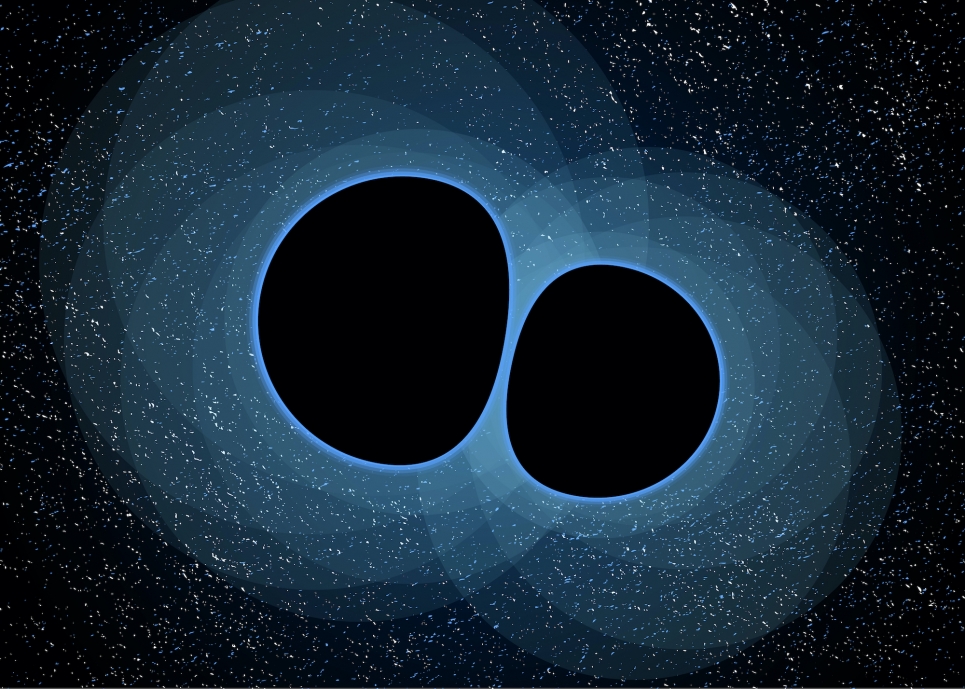
Shutterstock
Abstract: Computational general relativity focuses on the numerical evolution of Einstein's field equations and computational of GW forms. Numerically simulated GW forms are essential to GW data analysis and verification of detected GW events. Current GW observations have been limited to observations of binary mergers of roughly equal mass partially due to the inability of existing relativistic codes to handle large mass-ratio black hole mergers. In this talk, I will present my research work as a Ph.D. student that focuses on 1). Enable efficient adaptivity methods in spacetime for computational general relativity. 2). Symbolic code generation framework to achieve architecture-specific optimized code generation that enables performance portability in numerical relativity. 3). Enabling large-scale parallel in time approaches to solve PDEs, and 4). Efficient large scale machine and application-specific data partitioning methods. The developed numerical relativity framework Dendro-GR has shown scalability across 131K cores and can efficiently handle large mass ratio binaries.
Please use this link to attend the virtual seminar: